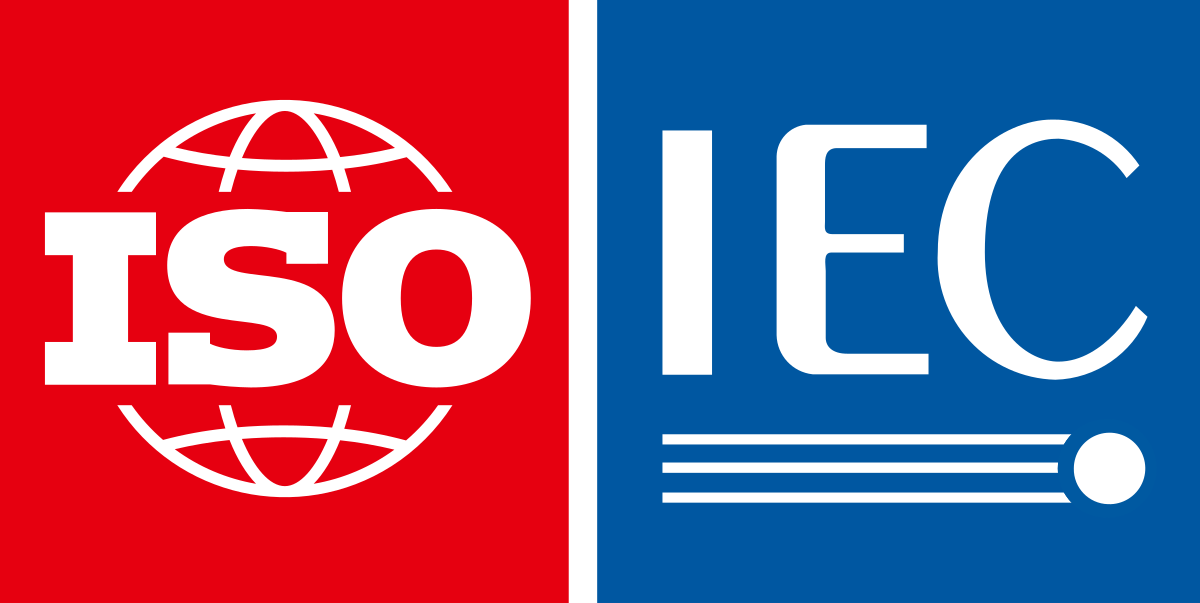Will AI Replace My Job or Help Me Do It Better?
Understand how AI is transforming the workforce, which roles are most affected, and how to position yourself for success in the AI era.
The AI Impact: Replacement vs. Enhancement
The question of whether AI will replace jobs or enhance them doesn't have a simple, one-size-fits-all answer. The reality is more nuanced: AI will eliminate some roles, transform others, and create entirely new opportunities—often simultaneously within the same industry or even the same organization.
According to research from McKinsey, while approximately 15% of the global workforce could see their jobs automated by 2030, the vast majority will experience partial automation where AI handles specific tasks rather than entire roles. This means most workers will find themselves working alongside AI rather than being replaced by it.
Understanding Your Job's AI Vulnerability
The impact of AI on your specific role depends largely on the nature of your work. Here's how different job categories are likely to be affected:
High Risk of Replacement
Roles focused on routine, predictable tasks with clear rules
Examples:
Significant automation potential with current technology
Transformation Likely
Jobs that will change significantly but not disappear
Examples:
AI handles routine aspects while humans focus on creative and strategic elements
Enhancement Opportunity
Roles where AI serves as a powerful tool but human expertise remains essential
Examples:
AI augments human capabilities, improving efficiency and effectiveness
Minimal Direct Impact
Jobs requiring complex physical skills, emotional intelligence, or human connection
Examples:
AI may provide support tools but core value remains human-centered
The Transformation of Work: Task-Level Analysis
To understand AI's impact more precisely, we need to look at the task level rather than entire jobs. Most roles consist of multiple tasks, some of which are more susceptible to automation than others.
Tasks AI Excels At
- Data processing and analysis: Identifying patterns in large datasets
- Content generation: Creating first drafts of routine content
- Information retrieval: Finding and summarizing relevant information
- Repetitive decision-making: Making consistent decisions based on clear criteria
- Basic customer interactions: Handling common questions and requests
Tasks Humans Still Do Better
- Creative ideation: Generating truly novel concepts and approaches
- Emotional intelligence: Understanding and responding to human emotions
- Ethical judgment: Making value-based decisions in complex situations
- Physical dexterity: Performing complex physical tasks in unstructured environments
- Strategic thinking: Developing long-term vision and adapting to changing contexts
The Hybrid Workforce Reality
The future isn't humans versus AI—it's humans with AI. The most successful professionals will be those who:
What AI Will Do:
- Handle routine, repetitive tasks
- Process and analyze large datasets
- Generate initial drafts and ideas
- Provide information and assistance
What Humans Will Do:
- Provide strategic direction
- Apply creativity and innovation
- Build relationships and trust
- Make complex ethical judgments
Skills for the AI Era: Future-Proofing Your Career
To thrive in an AI-enhanced workplace, focus on developing these key skills:
AI Collaboration
Learn to work effectively with AI tools as partners
Critical Thinking
Evaluate and improve AI outputs with human judgment
Creative Problem-Solving
Address complex challenges that require innovative thinking
Emotional Intelligence
Excel at interpersonal aspects AI cannot replicate
Real-World Examples: AI as a Career Enhancer
Let's look at how AI is transforming specific professions:
Marketing Professionals
AI tools now generate content, analyze campaign performance, and optimize targeting. Rather than replacing marketers, these tools free them from routine tasks to focus on strategy, creativity, and human connection. The most successful marketers are those who leverage AI for data analysis and basic content while applying their uniquely human insights to brand storytelling and emotional engagement.
Software Developers
AI coding assistants can generate boilerplate code, suggest completions, and even debug issues. This doesn't eliminate the need for developers but shifts their focus to architecture, problem-solving, and innovation. Developers who embrace AI tools can significantly increase their productivity while focusing on the most challenging and creative aspects of software development.
Healthcare Providers
AI can analyze medical images, identify patterns in patient data, and suggest potential diagnoses. Rather than replacing doctors, these tools enhance their ability to make accurate diagnoses and develop treatment plans. The human elements of care—empathy, intuition, and ethical judgment—remain irreplaceable.
Preparing for an AI-Enhanced Career
To position yourself for success in an AI-enhanced workplace:
1. Become AI-Literate
Understand how AI works, its capabilities, and its limitations. You don't need to become a data scientist, but you should be comfortable using AI tools relevant to your field.
2. Identify Automation Opportunities
Proactively look for aspects of your work that could be automated or enhanced with AI. Being the person who implements AI solutions is far better than being the person replaced by them.
3. Focus on Uniquely Human Skills
Double down on developing skills that AI cannot easily replicate: creativity, emotional intelligence, ethical judgment, and complex problem-solving.
4. Adopt a Learning Mindset
Commit to continuous learning and adaptation. The specific AI tools will change, but the ability to learn and adapt will always be valuable.
5. Develop T-Shaped Expertise
Combine deep expertise in one area with broader knowledge across related domains. This versatility makes you more adaptable to changing job requirements.
The Bottom Line: Partnership, Not Replacement
For most professionals, AI will be a powerful partner rather than a replacement. The key is to embrace this partnership and adapt your role accordingly. By focusing on the uniquely human aspects of your work while leveraging AI for routine tasks, you can enhance your productivity, creativity, and value.
The most successful professionals in the AI era won't be those who resist technological change, but those who harness it to elevate their work to new levels. By developing the right skills and mindset, you can ensure that AI helps you do your job better rather than replacing you.
Remember: AI is a tool, not a competitor. The future belongs to those who learn to use this tool effectively while continuing to develop the human capabilities that remain uniquely valuable.



